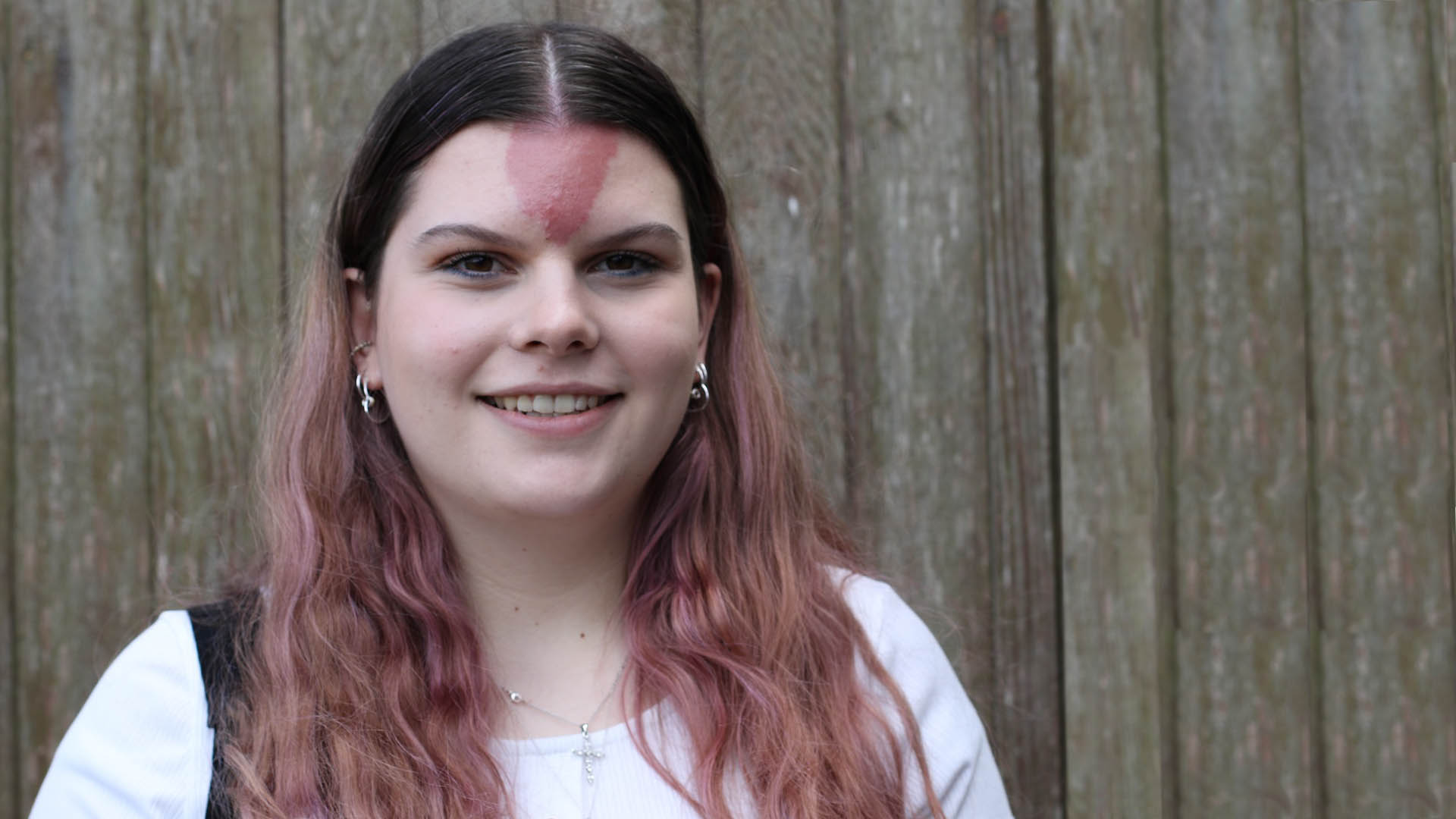How to stop bullying because of your visible difference
This guide to managing bullying is written especially for young people growing up with a visible difference. View this resource and share it with your child.
We cover what bullying is and the practical steps you can take if you think your child is being bullied because of their visible difference.
Sadly, bullying is a common occurrence for young people who look, sound or seem different. As a parent, this can be hard to cope with. But there are things you can do.
On this page we look at some of the practical steps you can take to stop bullying – as well as the emotional support you can offer to your child.
The information on this page has been written to support you, as the parents and carers of young people with visible differences. We have produced separate advice and guidance for children and young people. You might want to share the guides linked below with your child or you could read them together.
Bullying is when a person or group of people repeatedly do things to upset, hurt or humiliate another person. It can include:
Unfortunately, bullying is relatively common among children and young people. Particular targets can be those who are different, which makes young people with a visible difference vulnerable to bullying.
In this video, young people with visible differences talk about their experiences of bullying:
Bullying often happens at school when children are unsupervised or not being closely monitored, such as in the playground.
If you find out that your child is being bullied, the school has a duty to ensure that it is stopped. “Maintained schools” (schools controlled by the local authority, as opposed to academies) have a legal requirement to safeguard and promote the welfare of children under the Education Act 2002. Academies and private schools have a similar duty under the Education (Independent School Standards) Regulations 2014.
For example, if you discover that your child is being bullied because of their visible difference, you could phone (or email) the school and request to speak to the child’s form tutor, the pastoral team or even the senior management. You could say something like this:
I’ve found out that my child is being bullied. They have [condition name], which makes them look different, and they are being targeted because of this. I’d like to get this sorted as soon as possible. Please can you explain the school’s anti-bullying policy. I’d also like to understand how the school will follow up on this and how you will keep me informed about the next steps.
In some instances, the bullying may actually count as a crime and can be reported to the police to investigate. Here are some legal facts about bullying:
Take a look at our page about hate crime and hate incidents.

Children with a visible difference are more vulnerable to being bullied. Find out how we can support you and your child by contacting our Support and Information Line.
Get in touchIf the bullying takes place on the bus or public transport, you can report it to the local council and ask that the person who is bullying has their bus pass taken away.
You can also make a formal complaint to the local transport or bus operator and ask what can be done. You may be able to find this information on their website.
If your child is experiencing bullying online, here are some ways you can help. You don’t have to do all of these things and you may wish to give your child the option of taking some of these steps by explaining the benefits, so they stay in control. The steps you introduce may also depend on your child’s age.
Share our social media guide for young people with a visible difference with your child.
It is common for young people to keep bullying to themselves because:
However, you may notice a change in their demeanour or they may act differently to normal. If you suspect your child is being bullied but they haven’t mentioned it to you, it may be worth asking some exploratory questions to help you find out.
Ask questions such as:
This gives your child the opportunity to open up the discussion and talk about it without them having to bring it up themselves.
You could also explain why you are raising the subject so it doesn’t just come out of the blue:
It can be helpful to talk to your child about the kind of unkind behaviour they may experience at school, even if you do not suspect they are being bullied at the moment. This can help prepare them – you can also agree some steps you will take together if they do experience bullying.
It can be difficult to find the words to talk about this topic. Here are some approaches you might like to try out:
Share this guide to bullying which we have created especially for children and young people living with a visible difference.
If your child is being bullied, you may feel a mixture of strong emotions, including hurt, worry, anger, powerlessness and protectiveness. You want the best for your child and knowing they are being targeted by bullies can be very painful.
You need help and support too. You could speak to a friend, family-member or your partner about how you are feeling. Seeing your child upset is hard and it might help you to talk to people about how you feel.
This guide to managing bullying is written especially for young people growing up with a visible difference. View this resource and share it with your child.
Written specifically for young people, this guide focuses on making social media work for you, including how to control your accounts and deal with trolls.